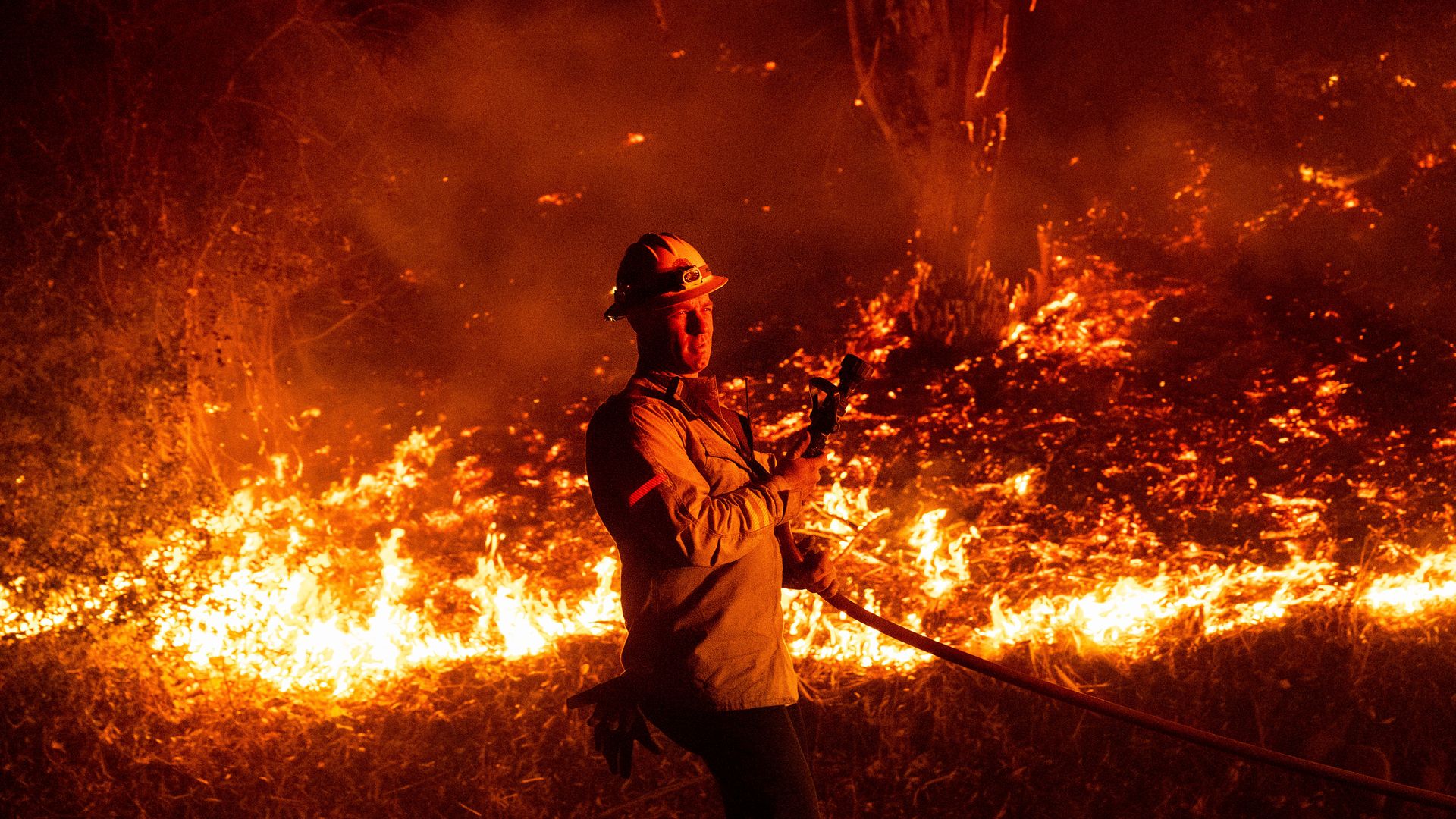
AUGUSTA, Maine — Former Gov. Paul LePage found some agreement with the Sportsman’s Alliance of Maine on thorny conservation matters before hammering the group that gave him an incomplete grade on a 2022 candidate survey.
The episode puts both the Republican seeking a Blaine House return and the 8,000-member alliance in a strange position in the last 40 days of the election cycle. While the conservation and gun-rights group generally supports conservative candidates and causes, it is among the relatively few left in Maine politics that tries to operate across party lines.
In a 12-page guide to Maine’s elections released last week, the alliance awarded top marks to Gov. Janet Mills and Rep. Jared Golden of the 2nd District, the Democrats at the top of Maine’s ticket who have embraced the group’s top issues. Golden’s Republican opponent, former Rep. Bruce Poliquin, got an A grade, and the group praised both for “great records.”
The incomplete grade for LePage came after he left several survey questions on conservation unanswered, saying he could not support hypotheticals. In mid-August, he held a meeting with the group to go over those issues, finding agreement on key issues. But LePage called alliance staff a week later to have his survey withdrawn.
That move was made public last week in the alliance’s guide. On Monday, the former governor issued a statement saying the group “wanted me to promise them $40 million” for a project for a better survey grade. The alliance denied that and allowed the Bangor Daily News and other media to review audio of their August meeting, during which such a figure was not mentioned.
“We have had multiple individuals listen to the entire interview,” said David Trahan, the group’s executive director and a former Republican state legislator. “We can’t find where his accusations make any sense.”
The Land for Maine’s Future conservation program has long been a bugaboo between LePage and the alliance. He held up $5 million in voter-approved conservation bonds for most of 2015 and later proposed taxing nonprofits and forcing land trusts to pay taxes on conserved land. One conservation group said in 2016 that 96 percent of land owned by trusts is taxed.
At the August meeting, Trahan asked LePage whether he would support future allocations to the program if the alliance helped find a solution to the former governor’s tax concerns. Mills oversaw a $40 million allocation to the program over four years in 2021.
“To me, if they are paying taxes, we have no issue,” LePage replied.
A fish hatchery was the other main issue. Hatcheries here may soon have to reduce production to meet new phosphorus standards. The alliance wants to build a new state hatchery at a cost of $30 million to likely be split between federal, state and private sources.
The alliance’s questionnaire asked LePage whether he would support a $20 million bond for such a project. In the interview, Trahan told him the group was looking for “partners” a “a path forward” if the new hatchery is required by the new rules. After citing concerns around federal spending, LePage seemed largely assuaged.
“All right, I’m with you 100 percent,” he said.
Both sides said the meeting went well. LePage was on track to get a good grade from the group, Trahan said. But the problems came after that.
Trahan said he called LePage’s staff three days later to ask him to revise the survey, since the group has a policy of not altering them. They agreed, he said. But LePage called him a week later to say he was withdrawing from the process and wanted his answers kept private.
Trahan said he did not know what the $40 million in LePage’s statement referred to, but Brent Littlefield, a strategist for the former governor, said it was LePage’s perception of what the alliance was looking for. After spending “a tremendous amount of time” in the interview with the group, he said LePage did not want to spend further time on the survey.
In a Thursday interview, Littlefield contrasted the alliance’s 8,000 Facebook likes with the 38,000 members of a private group run by the Gun Owners of Maine, a more-strident gun-rights group that is less active in state policy but gave LePage and Poliquin high marks this year. He said that group and the National Rifle Association, which backed LePage, have bigger followings.
“And both the NRA and the Gun Owners of Maine have made it clear that Paul LePage is the better candidate,” he said.











